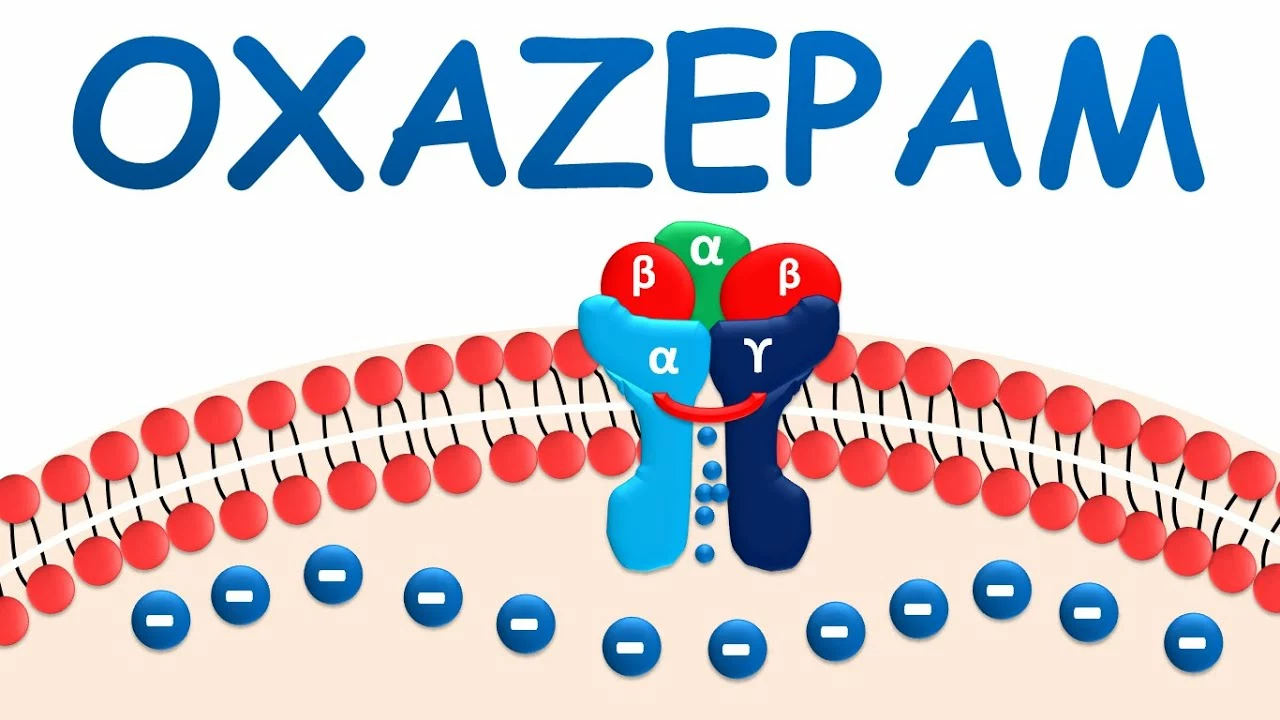Tattoos: What You Need to Know About Health, Meds, and Healing
Getting a tattoo is exciting, but your skin is real tissue — not just decoration. If you take medicines, have a chronic condition, or worry about infection, a little planning makes a big difference. This guide gives clear, practical advice so your tattoo heals well and doesn’t cause surprises.
Medications & Tattooing
Some drugs change how your skin bleeds, fights germs, or repairs itself. If you take blood thinners like warfarin or direct oral anticoagulants, expect more bleeding during and after the session. That can make the artist stop or affect how the ink settles. Talk to your doctor before booking — sometimes timing or temporary adjustments are possible.
Anti-inflammatory drugs such as aspirin or ibuprofen thin blood too; acetaminophen is usually safer for pain right after a session, but ask your clinician. Steroids and other immune-suppressing medicines raise infection risk and can slow healing. If you’re on immunosuppressants or chemotherapy, delay getting inked until your care team says it’s safe.
Have acne drugs like isotretinoin in your history? Many dermatologists advise waiting several months after stopping because of higher scarring risk. If you have diabetes, keep blood sugar controlled — high glucose raises your chance of infection and delays repair.
Picking a Studio & Aftercare That Works
Choose a licensed studio with single-use needles, visible cleaning routines, and clear aftercare instructions. Watch the artist open sterile packs in front of you and don gloves. Don’t bargain shop on hygiene — cheap work can cost you an infection or a poor result.
Aftercare basics: keep the bandage on as the artist suggests, wash gently with fragrance-free soap, and pat dry. Apply a thin layer of the recommended ointment or fragrance-free lotion — not too much, not too little. Avoid soaking in tubs, pools, or hot tubs until the tattoo is fully healed. Protect fresh ink from strong sun; UV damages both skin and pigment.
Watch for warning signs: spreading redness beyond the tattoo, increasing pain, yellow or green pus, swollen lymph nodes, or fever. Those mean you should contact your doctor. Small scabs and light itching are normal; never pick scabs — that scars the tattoo and increases infection risk.
Tattoos can also cause rare issues during MRIs if the ink contains metallic pigments — tell the imaging team about large or recent tattoos. If you’re planning a vaccine or surgery, mention your new tattoo so providers can advise about timing.
Bottom line: plan around medications and health conditions, pick a clean studio, follow aftercare, and get medical advice if anything looks off. A few smart steps now help your tattoo look great for years.
31
Acitretin and Tattoos: What You Need to Know
Hey there, ink enthusiasts and skin art connoisseurs! Today we're delving into the compelling world of Acitretin and tattoos. It's a wild ride, I promise! Now, Acitretin is a medication that treats severe psoriasis, but hold onto your tattoo guns, because it's got a zany side effect: it can mess with the healing of tattoos! This can lead to some pretty gnarly distortions in your fresh ink, and knowing is half the battle, right? So, before you pop that pill and hit the tattoo parlor, maybe have a chat with your doc. Keep your tattoos looking fabulous, folks!
Latest Posts
Popular Posts
-
 Stinging Insect Allergy: What Venom Immunotherapy Really Does for You
Stinging Insect Allergy: What Venom Immunotherapy Really Does for You
-
 Magnesium Supplements and Osteoporosis Medications: What You Need to Know About Timing
Magnesium Supplements and Osteoporosis Medications: What You Need to Know About Timing
-
 Meniere’s Diet: How Sodium Restriction and Fluid Balance Reduce Vertigo and Hearing Loss
Meniere’s Diet: How Sodium Restriction and Fluid Balance Reduce Vertigo and Hearing Loss
-
 Enteral Feeding Tube Medication Safety: Compatibility and Flushing Protocols Explained
Enteral Feeding Tube Medication Safety: Compatibility and Flushing Protocols Explained
-
 Extended Use Dates: How the FDA Extends Drug Expiration Dates During Shortages
Extended Use Dates: How the FDA Extends Drug Expiration Dates During Shortages



